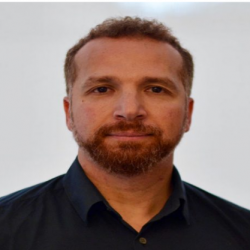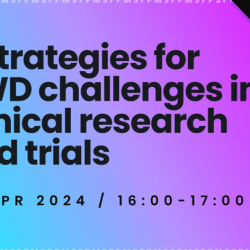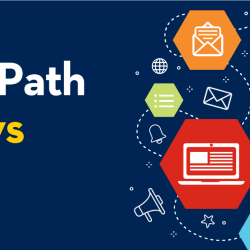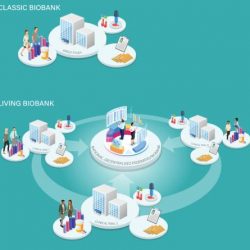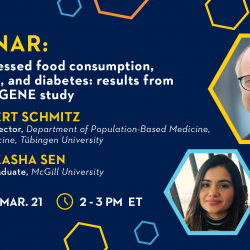Shaping the Future of Health Care with New Technologies, Devices and eHealth Innovations
CanPath National Scientific Director Dr. Philip Awadalla is presenting at an upcoming virtual event hosted by the Parliamentary Health Research Caucus and Research Canada. Join to learn more about current trends in Canadian healthcare, particularly in the tech and eHealth space. ?️ Wednesday, May 8 ? 12pmEST/1pmAST ?https://rc-rc.ca/phrc-virtual-ehealth-event-may-8-2024/ Special Virtual Event hosted by the Parliamentary Health Research Caucus and Research Canada Join the Honourable, Dr. Helena Jaczek, MP Markham-Stoufville and PHRC Chair and the Caucus Leadership , Dr. Stephen Ellis, MP (Cumberland-Colchester), Ms. Carol Hughes, MP (Algoma—Manitoulin—Kapuskasing) and Hon. Mohamed-Iqbal Ravalia, Senator (Newfoundland and Labrador) who will host a virtual presentation and Q & A period with esteemed Researchers in the field of eHealth. Technology and eHealth innovations in Canada are playing a transformative role in shaping the healthcare landscape. The integration of advanced technologies and digital solutions is revolutionizing how healthcare services are delivered, accessed, and experienced. Discover the dynamic shifts underway in Canadian healthcare and join us for an insightful afternoon where leading researchers, industry experts, health innovation stakeholders and policy makers come together to explore the latest advancements.

